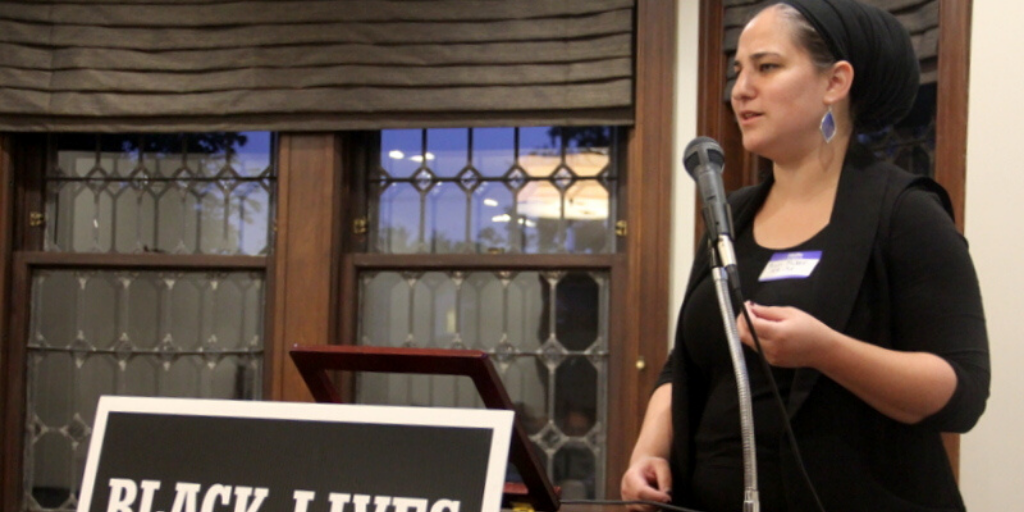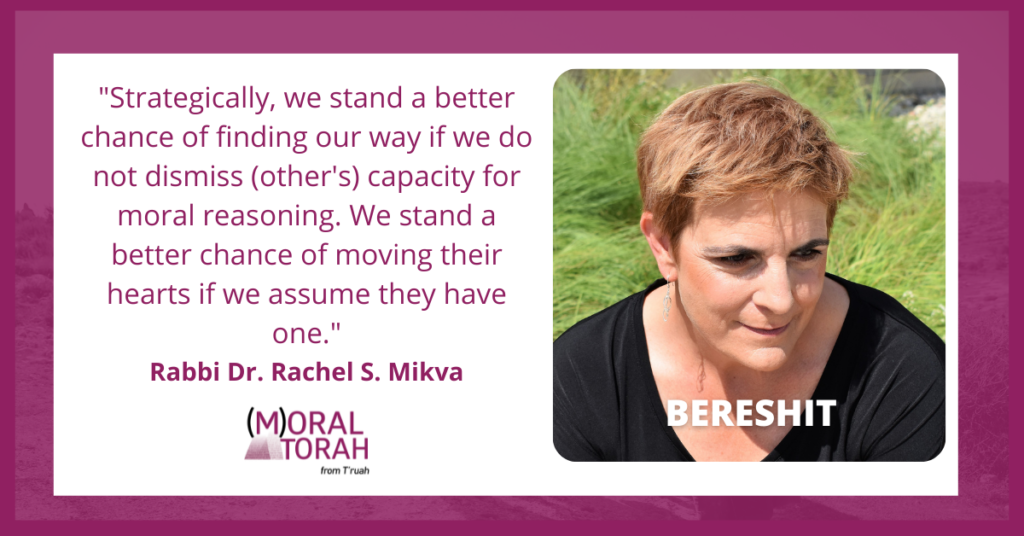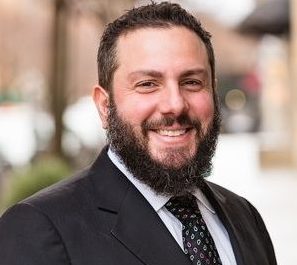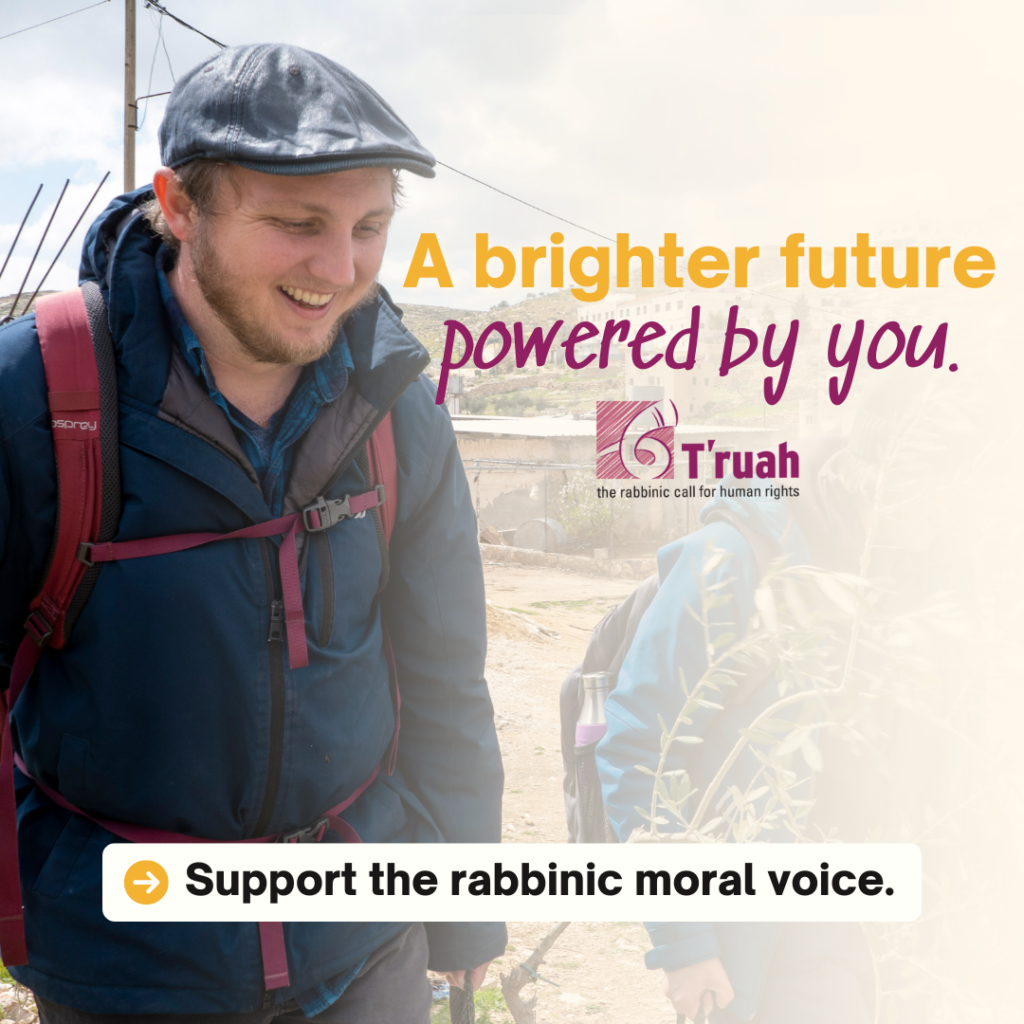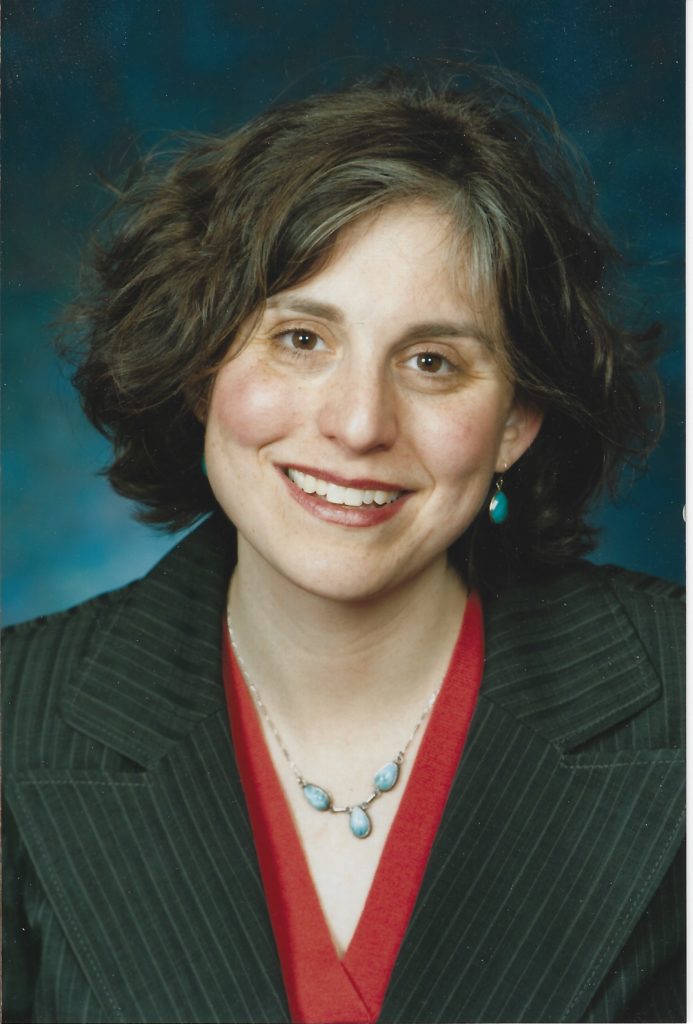
Simple Acts of Dignity and Loving-Kindness
“If we do nothing more than be aware of the essential elements of dignity in our everyday lives and practice honoring dignity, we will be making an enormous contribution to the healing of shared injuries.”¹ Through my work as a chaplain, I have developed a deep appreciation for the healing power of loving-kindness and the...
read more



